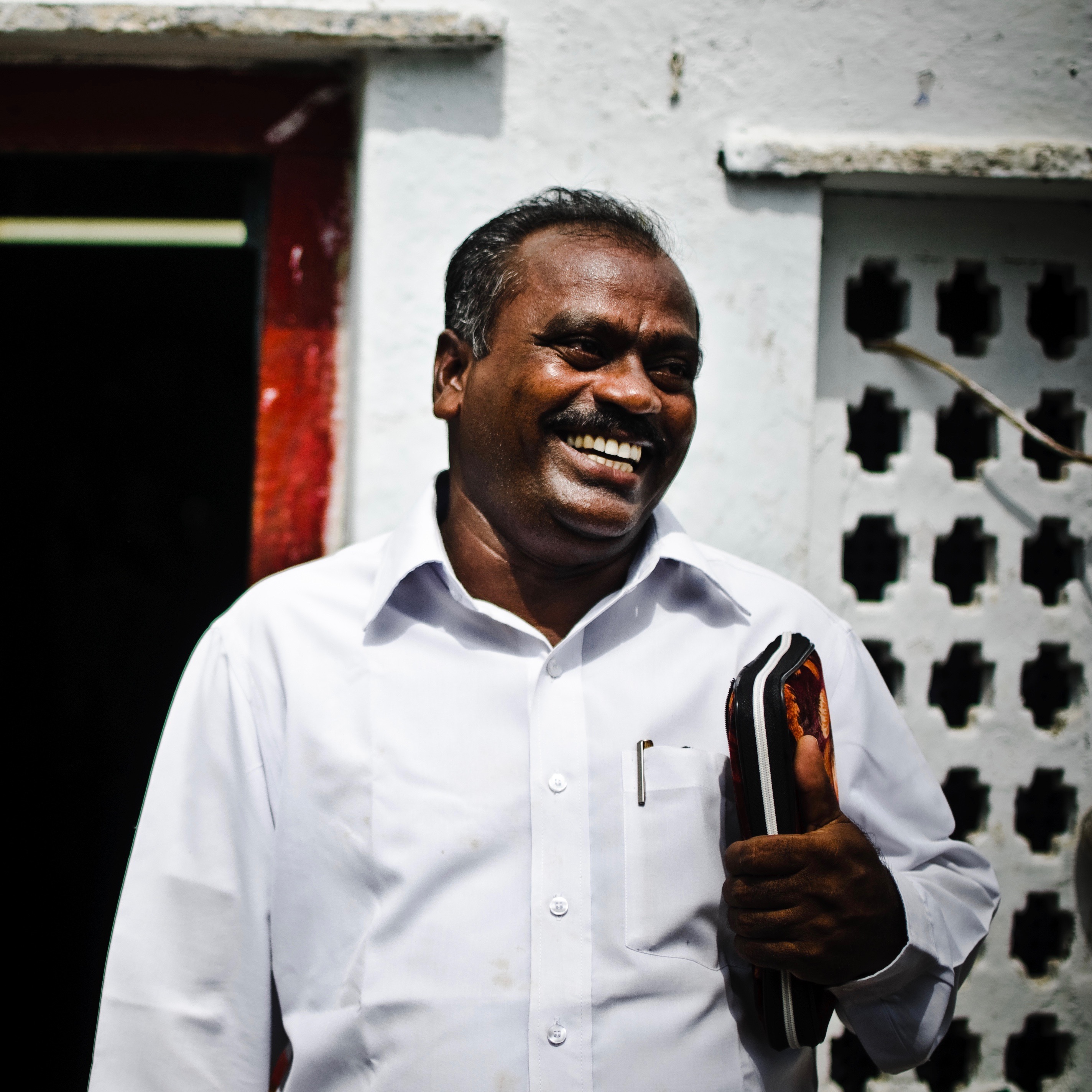
Bishal sought purpose by devoting himself to the Buddhist traditions of South Asia. His family was living in poverty, and his father spent all their money on alcohol.
Eventually, Bishal was sent to a relative’s house to receive an education in exchange for work, leading to his placement in a retirement home for Hindu priests. There he was forced to spend three years begging for alms in neighboring villages.
Bishal was more trapped in poverty than he had ever been before. And on top of it, he felt hopeless, forgotten, and conflicted in his beliefs.
All the rituals of Buddhism he had once passionately practiced no longer held meaning.
After three years, Bishal finally had an opportunity to visit his parents. While he was gone, his mother heard the gospel and chose to follow Jesus. She shared the good news with Bishal, and he accepted Jesus as his Savior.
Bishal had a renewed sense of purpose after meeting Christ. He began faithfully serving in his church, but his lack of education prevented him from being appointed as a leader.
Discouraged, Bishal wondered if God was calling him to something different.
One day, East-West national partners visited Bishal’s home and asked if he and his wife were interested in helping them plant churches. They prayed over the opportunity together and decided to help the national partner with his ministry.
God has since used them to plant hundreds of churches in South Asia—even in some of the villages where Bishal used to beg.